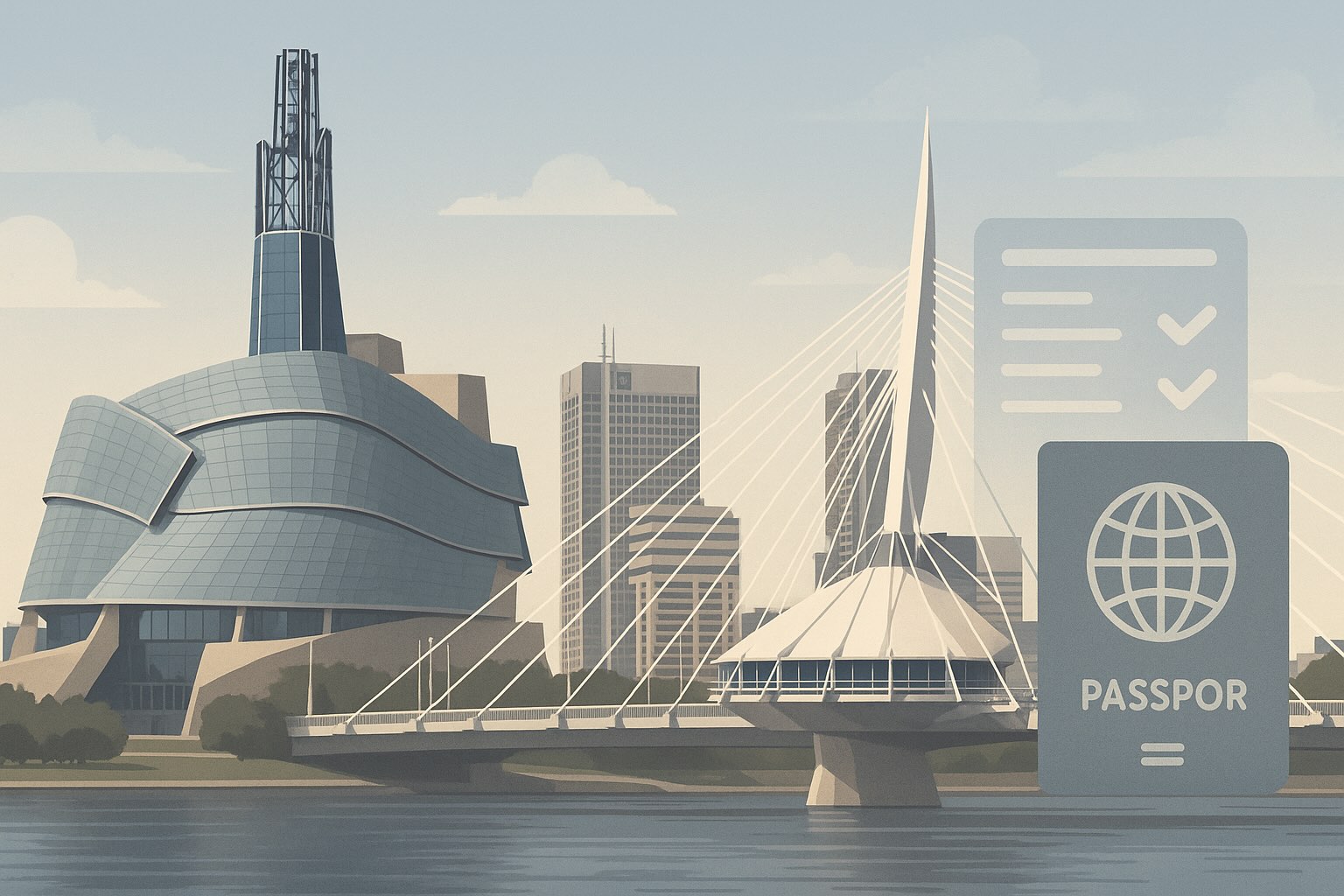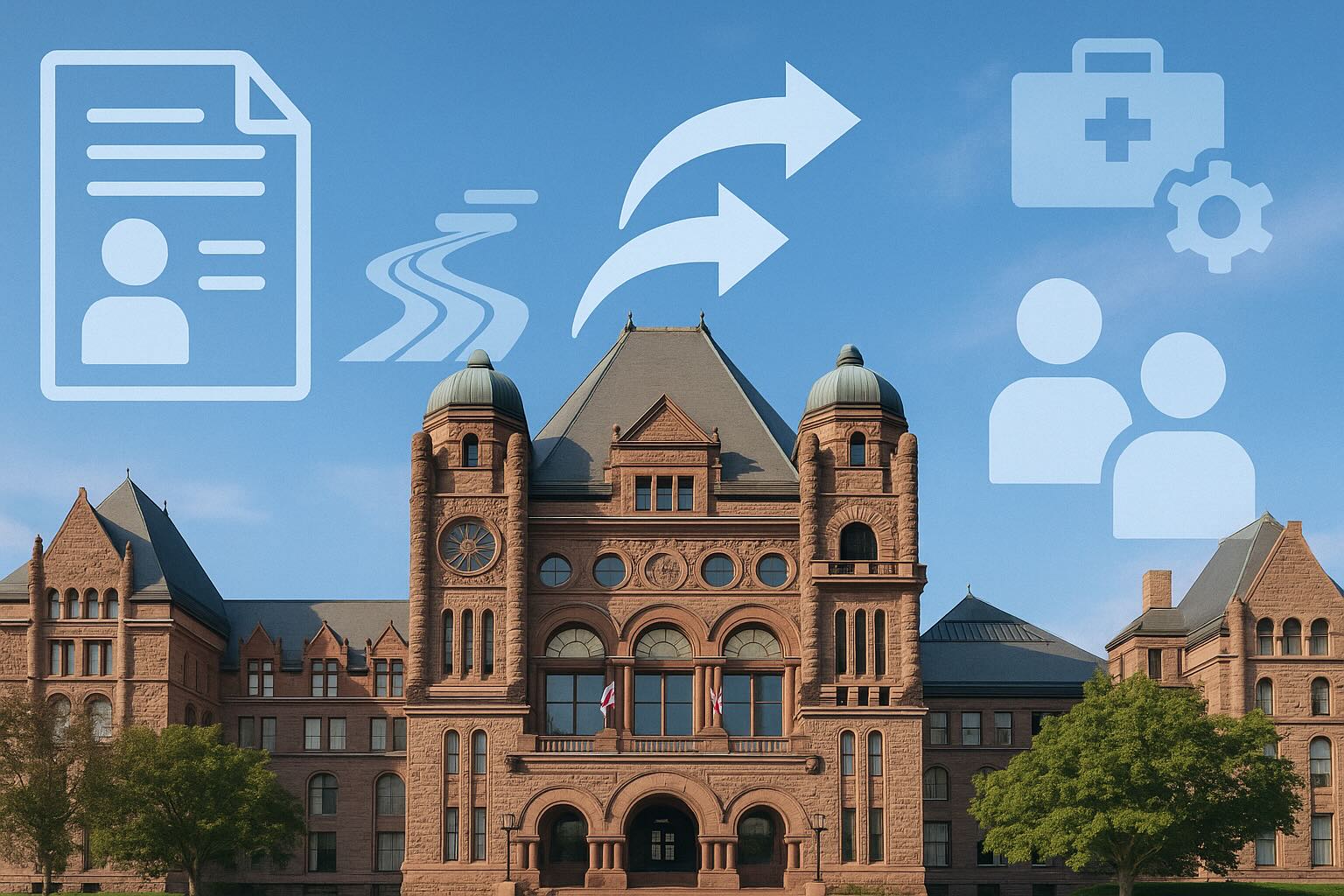Recent invitation rounds from Canada’s Provincial Nominee Programs (PNPs) have clearly outlined the distinct priorities and strategic approaches provinces are taking to attract new immigrants.
Newfoundland and Labrador: Bucking the Trend with an Increased Quota
Against a backdrop of federal reductions to economic immigration allocations, Newfoundland and Labrador (NL) has taken a proactive approach. Although its initial 2025 PNP allocation was sharply reduced to 1,050 from 2,100 in 2024, the province successfully negotiated an additional 1,000 nomination spots with the federal government, bringing its new total to 2,050. Its allocation for the Atlantic Immigration Program (AIP) remains at 475.
In its latest draw on June 25, NL issued a total of 320 invitations through its Provincial Nominee Program (NLPNP) and the AIP, with 257 and 63 invitations respectively. This was the fourth round of invitations since the province adopted its new Expression of Interest (EOI) system. To date in 2025, NL has issued a cumulative 1,309 provincial immigration invitations. The province currently has 1,216 nomination spaces remaining for its PNP and 261 for the AIP, indicating a substantial capacity for the rest of the year.
Notably, NL has fully transitioned to an EOI system. With the exception of PNP candidates already in Canada, all prospective immigrants must submit an EOI through the online "Immigration Accelerator" portal. Most will require an employer-provided invite code to validate their job offer. EOI profiles are valid for 12 months, and if a candidate receives an Invitation to Apply (ITA), they must submit a full application within 60 days. This change marks the end of the previous direct application system.
British Columbia: A Continued Focus on Entrepreneurs
British Columbia’s (BC) immigration strategy in 2025 has been highly targeted, with an almost exclusive focus on the Entrepreneur Immigration (EI) category. In its latest draw on July 8, the BC Provincial Nominee Program (BC PNP) issued no more than 17 invitations through its EI Base and EI Regional streams.
The breakdown saw 12 invitations issued under the Base stream with a minimum score of 121, and fewer than 5 invitations issued under the Regional stream with a minimum score of 115. This was BC’s fifth entrepreneur-focused draw this year. Apart from a single draw for skilled workers on May 8, all other rounds have been dedicated to entrepreneurs.
BC’s entrepreneur programs offer two pathways for foreign nationals looking to start or acquire a business. The Regional stream requires applicants to establish a new business in a designated rural community and secure a referral from that community. The Base stream is more flexible, allowing applicants to start or buy an existing business anywhere in the province without a community referral. Both streams require the creation of at least one full-time job for a Canadian citizen or permanent resident.
Manitoba: A Targeted Approach for Graduates and Strategic Recruits
In its draw on July 10, Manitoba (MB) extended invitations to two specific high-value groups. A total of 67 Letters of Advice to Apply (LAA) were issued, 29 of which went to candidates who also had a valid federal Express Entry profile.
The invitations were distributed through two main streams:
- International Education Stream (IES): 40 invitations were issued with no minimum score requirement. All recipients were from the Graduate Internship Pathway, meaning they must have completed a Master’s or Doctoral degree in Manitoba within the last three years, finished an eligible Mitacs or Accelerate internship, and demonstrated a language proficiency of at least CLB 7. This highlights Manitoba's strong intent to retain highly educated talent cultivated within the province.
- Skilled Worker Stream (SWS): 27 invitations were issued with a minimum score of 673. A key feature of this draw was that all invited candidates were pre-selected through the province's "Strategic Recruitment Initiatives." These initiatives involve partnerships with employer services, Francophone communities, regional communities, and ethnocultural communities, with the latter accounting for the most invitations (18).
The "Strategic Recruitment Initiative" is a critical tool for Manitoba to help local employers fill in-demand roles with foreign talent. The province also noted that candidates with stronger ties to another province (through previous work or study) may be considered a "retention risk," which could negatively impact their application. This detail serves as an important reminder for applicants to build genuine and strong connections to their target province.









